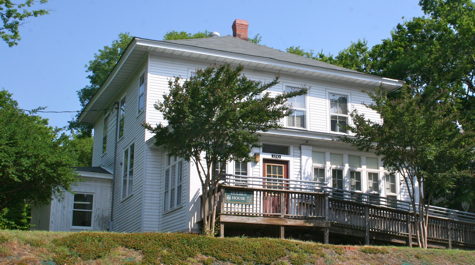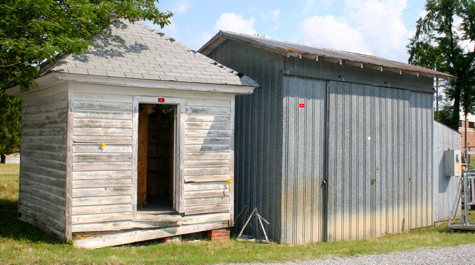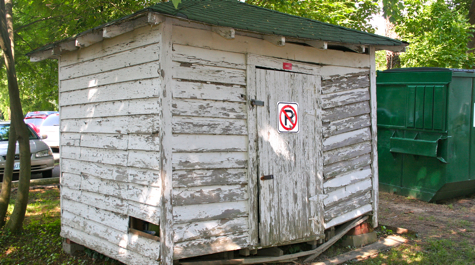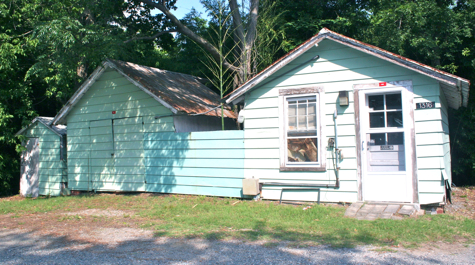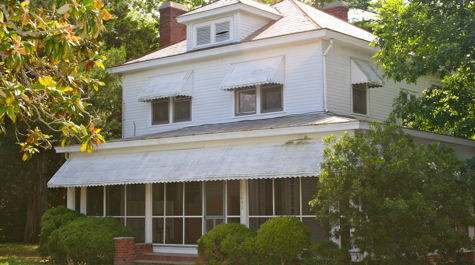Demolition project helps to “green” VIMS campus
The Virginia Institute of Marine Science will demolish a number of older buildings on its Gloucester Point campus this summer. The project is part of the Institute’s overall plan to become “greener” and more energy efficient.
Ron Herzick of the Facilities Management Department at VIMS says the demolition project will “save on energy, maintenance, and housekeeping expenses, and is more cost effective than remodeling the structures to meet current building codes and standards.”
The structures, which range in size from less than 100 square feet to more than 13,000 square feet, are largely unoccupied, with most of the resident faculty, students, and staff having already relocated to more modern buildings such as Andrews Hall and the Field Support Center. Equipment from several older storage facilities has been moved to a new centralized research storage building alongside Highway 17.
The bulk of the materials from the demolished structures will be recycled.
VIMS had considered relocating some of the structures originally constructed as single-family dwellings for use as local housing. However, they found that option too expensive because of the need to upgrade for current code requirements, and the presence of multiple overhead utilities above local roadways.
The ultimate goal of the demolition project is to make space available for modern, more energy-efficient buildings as envisioned in the long-term master plan for the VIMS campus. Any new buildings will incorporate sustainable construction practices and environmentally sensitive design and maintenance standards.
The demolition project was approved by the William and Mary Code Review Team after receipt of the needed permits from the W&M Board of Visitors, the state Art and Architecture Review Board, and the Department of Historic Resources. An archeologist will be on site during the demolition to check any soil that is disturbed when basements, slabs, footers, and tanks are excavated.




